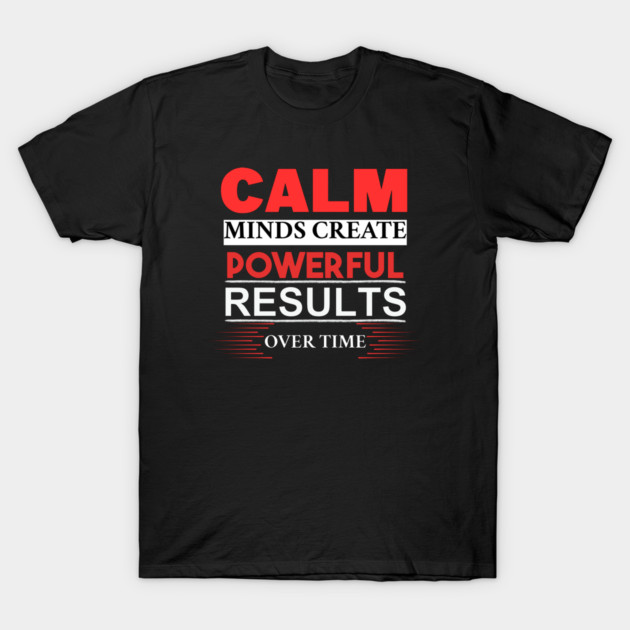 |
| A glimpse into how AI is reshaping the global job market — experts predict fresh career paths ahead. |
AI Impacts Job Market: Experts Predict New Roles Ahead
In a rapidly evolving digital world, artificial intelligence (AI) continues to reshape industries, economies, and the way humans work. According to global experts, AI’s impact on the job market will be profound — creating millions of new roles while transforming or replacing others. However, uncertainty remains over which specific jobs will emerge or fade.
During a recent international tech summit, economists and AI specialists agreed that automation is no longer a distant concern — it’s happening now. From data processing to creative design, artificial intelligence is influencing nearly every sector. Yet, experts insist that the future is not simply about job losses, but about job transitions.
“AI will create entirely new categories of work that didn’t exist a decade ago,” said Dr. Lisa Thompson, a labor market researcher at the Global Future Institute. “The challenge isn’t the disappearance of jobs, but preparing people for the ones that are coming.”
Analysts predict a surge in demand for roles involving AI maintenance, ethics, prompt engineering, and human–machine collaboration. In healthcare, for instance, AI is assisting in diagnostics, freeing up medical staff for more patient-focused care. In education, smart systems are tailoring learning experiences, while in manufacturing, AI-driven robotics are improving safety and efficiency.
Still, the question remains — which jobs will be safe? Experts say adaptability will be key. Skills such as critical thinking, creativity, and digital literacy will hold more value than ever before. Governments and corporations are now urged to invest in retraining programs to help workers transition smoothly into the AI-powered economy.
Tech leaders, including executives from Microsoft, Google, and OpenAI, continue to emphasize that AI should be viewed as an assistant, not a replacement. “Human creativity and judgment will always matter,” said OpenAI spokesperson Maria Chen. “The next wave of innovation will rely on humans working with AI — not against it.”
As the debate continues, one thing is clear: artificial intelligence is not just transforming tools — it’s redefining the very meaning of work. The coming decade may bring uncertainty, but it also offers unprecedented opportunities for those ready to adapt.
FAQs
Will AI really create more jobs than it replaces?
Yes. Experts believe that while automation may replace routine roles, it will also generate millions of new jobs in AI development, ethics, and human–machine collaboration.
Which skills will be most valuable in the AI era?
Critical thinking, creativity, and digital literacy will be in high demand as workplaces evolve with artificial intelligence.What is the impact of AI?
Artificial intelligence (AI) is transforming industries, improving efficiency, and creating new opportunities. It enhances decision-making, automates repetitive tasks, and drives innovation in healthcare, education, business, and entertainment.
What are 5 disadvantages of AI?
-
Job displacement due to automation
-
High implementation costs
-
Privacy and data security concerns
-
Ethical and bias issues in algorithms
-
Over-dependence on technology and loss of human skills
Can I use AI in Canva?
Yes. Canva now offers AI-powered tools like Magic Write, Magic Design, and AI image generation. These help users instantly create text, layouts, and visuals for designs, social media posts, and marketing content.
How does AI impact everyday life?
AI is part of daily routines — from facial recognition on phones to smart assistants, personalized ads, auto-correct, navigation apps, and online recommendations. It saves time, enhances convenience, and improves decision accuracy.
What are the positive impacts of artificial intelligence on society?
AI boosts productivity, enhances healthcare diagnosis, enables personalized education, improves communication, and drives sustainability through smart energy management and automation.
What are the negative impacts of artificial intelligence on society?
AI may cause unemployment in traditional sectors, spread misinformation, and raise privacy or ethical issues. There’s also concern about unequal access to AI benefits between nations and classes.
How will AI affect jobs in the future?
AI will reshape employment by automating routine roles but also creating new jobs in AI development, data analysis, ethics, and robotics. Adaptability and continuous learning will be key to future success.
What is the impact of artificial intelligence on students?
AI assists students with personalized learning, homework help, and research — but may reduce creativity or critical thinking if overused. Responsible use of AI tools enhances learning outcomes.
What is the negative impact of artificial intelligence on employment?
AI can replace human workers in repetitive tasks such as data entry, customer support, or manufacturing, potentially leading to temporary unemployment or skill mismatches in the labor market.
What is the positive impact of artificial intelligence on employment?
AI creates high-value roles in programming, AI ethics, system maintenance, and human–machine collaboration. It can also improve workplace safety and reduce human error.
What does the AI impacts job market survey say?
Recent surveys show over 60% of global companies are integrating AI tools, expecting efficiency gains and job reallocation rather than mass layoffs. Most employees anticipate AI will change their roles, not eliminate them.
Can I download AI impacts job market PDF or examples?
Yes. Many organizations, such as the World Economic Forum and OECD, publish public reports (PDFs) outlining examples of how AI impacts specific industries like healthcare, education, and finance.
What are some real examples of job displacement due to AI?
-
Automated checkouts replacing cashiers
-
AI chatbots replacing customer service reps
-
Self-driving technology affecting transport jobs
-
AI design tools reducing manual graphic work
-
Automated data entry replacing clerical jobs
How can society balance the positive and negative impacts of AI?
Through transparent policies, education, ethical standards, and re-skilling programs. The goal is not to stop AI, but to manage its integration responsibly.
Fans searching for the latest updates on AI impacts job market can expect more exclusive coverage, expert opinions, and tech trends soon — only on Next ShowBiz.






0 Comments